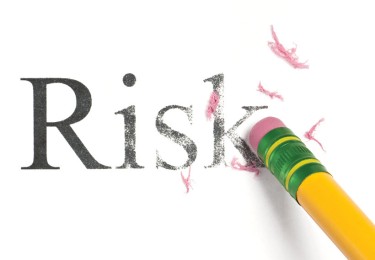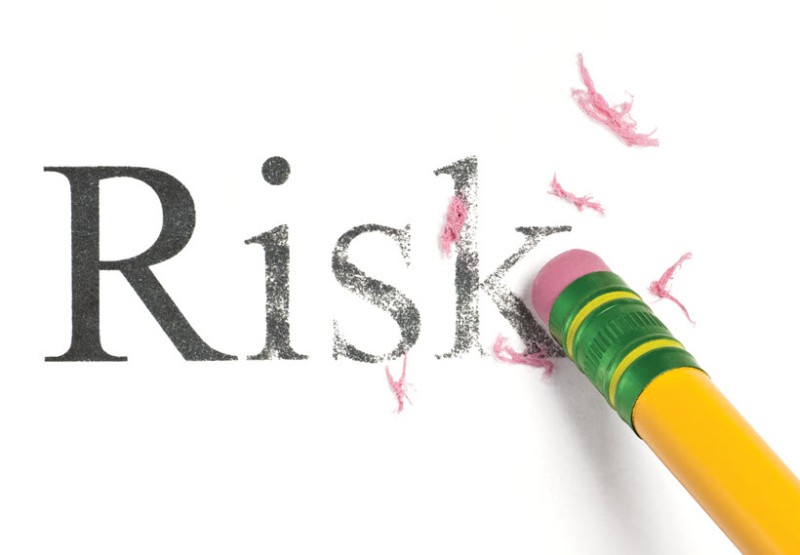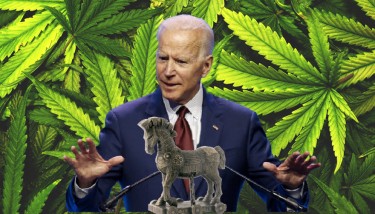
A proposed legislative and administrative reform in federal cannabis law in the United States would remove cannabis from Schedule I of the Controlled Substances Act. Since 1972, the proposal has been put forth numerous times. The category, which has the strictest restrictions, is set aside for medications without any recognized medicinal applications at the moment.
A prevalent worry has surfaced in the cannabis reform community and among business participants as marijuana rescheduling has gathered steam in Congress, and the DEA has said it will rule on rescheduling this summer.
President of the United States, Joe Biden, has stated that he will pardon anybody found guilty in federal court of petty marijuana possession and that his government is reevaluating cannabis' categorization as one of the most deadly narcotics.
The pardon issued by Biden is the first significant step toward decriminalizing marijuana and is by far the most considerable choice made by his administration. Those who are eligible for the pardon will get a certificate proving they have been absolved of their crime.
Although some have hailed the action as a long-overdue reform, the ramifications of reclassifying marijuana are unclear and may result in increased regulation rather than less.
HOW MANY PEOPLE WILL FEEL THE IMPACT OF THE PARDON
In federal court, only a small minority of defendants in the US are found guilty of simple possession. The majority of traffickers are found guilty of more severe charges that are not covered by the parameters of the pardon. More than 6,500 persons with past federal convictions, according to a senior administration official, could be impacted by the pardons. While none of them are currently incarcerated, expunging their records might make it easier for them to get jobs or find housing.
The majority of marijuana convictions happen at the state level, as every state has its own laws that range from outright prohibition to full legalization, and these cases won't be impacted.
HOW COULD CANNABIS BE RECLASSIFIED
The federal Controlled Substances Act now lists marijuana as a so-called Schedule I drug, which means that its possession is almost wholly prohibited, with the exception of some research needs. When classifying substances that are thought to have no valid medical use, heroin is used as the comparison.
It would be possible for doctors to prescribe marijuana if it were moved to a lower division on the Controlled Substances Act schedule. Prescriptions would still be strictly regulated by the DEA even if they were to be classified as a Schedule II drug, like the majority of opioids used for pain management. Schedule V is the lowest tier, where it would be barely regulated, similar to cough syrups with trace quantities of codeine.
Regarding the classification of marijuana, Biden has not made any statements. The Food and Drug Administration offers suggestions, but the Drug Enforcement Administration makes the final decision.
HOW THE DESCHEDULING AFFECTS EXISTING STATE CANNABIS LAWS
Thirty-seven states have already legalized cannabis for medical purposes, and 19 more allow it for recreational use.
Alex Kreit of the Salmon P. Chase College of Law at Northern Kentucky University claims that even if cannabis were rescheduled, state medicinal cannabis programs would still be in violation of federal law.
Since only the Food and Drug Administration may authorize prescription medications, certain states presently allow doctors to recommend marijuana rather than prescribe it for specific medical reasons. The products dispensed in accordance with state legislation are not approved by the agency, and it does not regulate them either.
Reclassifying cannabis as a prescription drug would require that any cannabis products sold as medicines fall under FDA control and that doctors adhere to the same state laws that govern other prescriptions. Doctors may prescribe a medicine for additional illnesses, or so-called off-label use, even when it has already received FDA approval for any medical application.
Big pharma may be the most interesting participant in this situation because they stand to earn the most from a rescheduling, but Douglas Berman, a professor at Ohio State University's Moritz College of Law, emphasized that the industry was still very heavily regulated.
Federal law would still forbid the sale of marijuana for recreational purposes until it was completely taken off the schedule. Given that all medications with misuse potential must be scheduled under the Controlled Substances Act, with the exception of alcohol and tobacco, Kreit argued that it was highly improbable.
Federal officials have stopped enforcing cannabis prohibition laws in places where it has been made legal in recent years.
Even if cannabis were descheduled, Kreit predicted that Congress would still step in to establish some restrictions, as it did with tobacco. Even if the federal prohibition was overturned, states could still impose marijuana prohibitions.
HOW COULD RESCHEDULING AFFECT THE OPERATION OF CANNABIS INDUSTRY BUSINESSES
For many years, the marijuana industry has been in flux. Financial institutions have remained wary of them despite the lack of federal regulation because they are concerned about breaking federal prohibitions, even in areas where the substance is wholly legal. If marijuana were rescheduled, according to Jim Thorburn, a lawyer who advises cannabis businesses, nothing would necessarily change.
Recreational usage would still be difficult because it might still be construed as drug trafficking that is illegal, he said. However, according to Thorburn, a regulatory framework that expanded the options for legal marijuana use may make it simpler for people to use the financial system. A change in the drug's schedule, according to Kreit, "may provide more banks and financial operators more confidence and comfort" when interacting with the marijuana industry.
BOTTOM LINE
The decision by the President of the United States to deschedule marijuana is a decision that the majority of the citizens have been waiting for, as it also acts as the first step in decriminalizing cannabis and providing some sort of justice to those who have been convicted and given bad records because of minimal cannabis-related offenses. The decision, if it is upheld, could also mean more interaction with the cannabis industry by financial institutions and others who feel prior interaction would be a crime.






